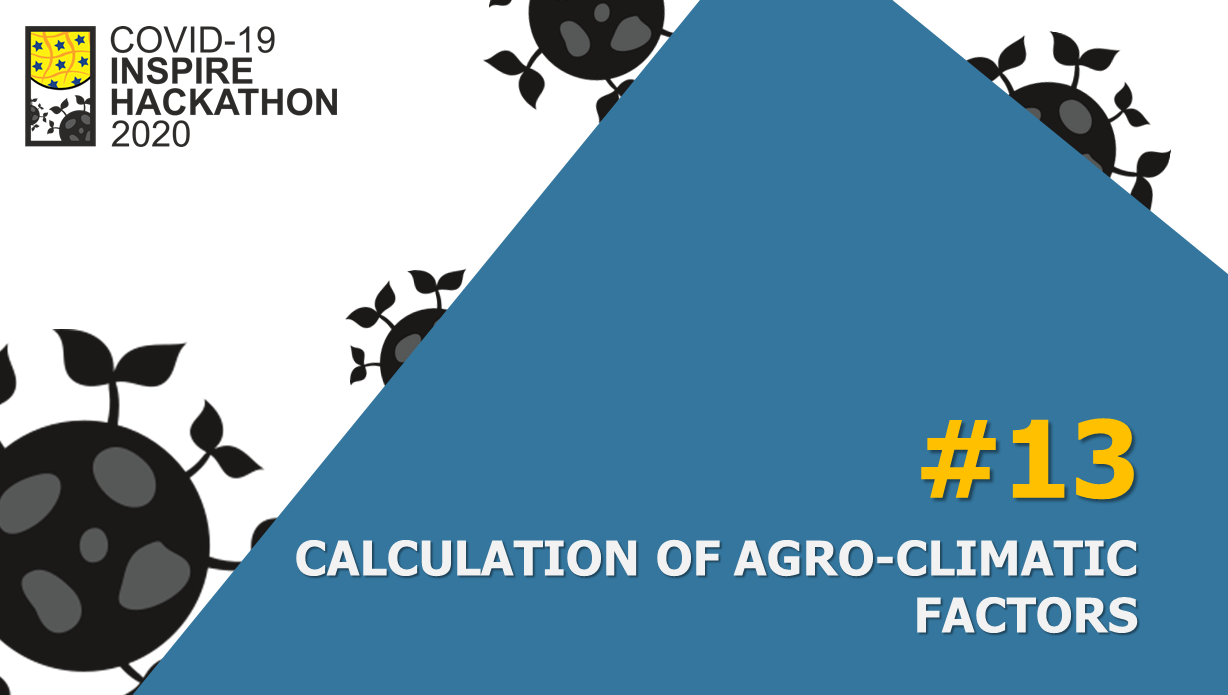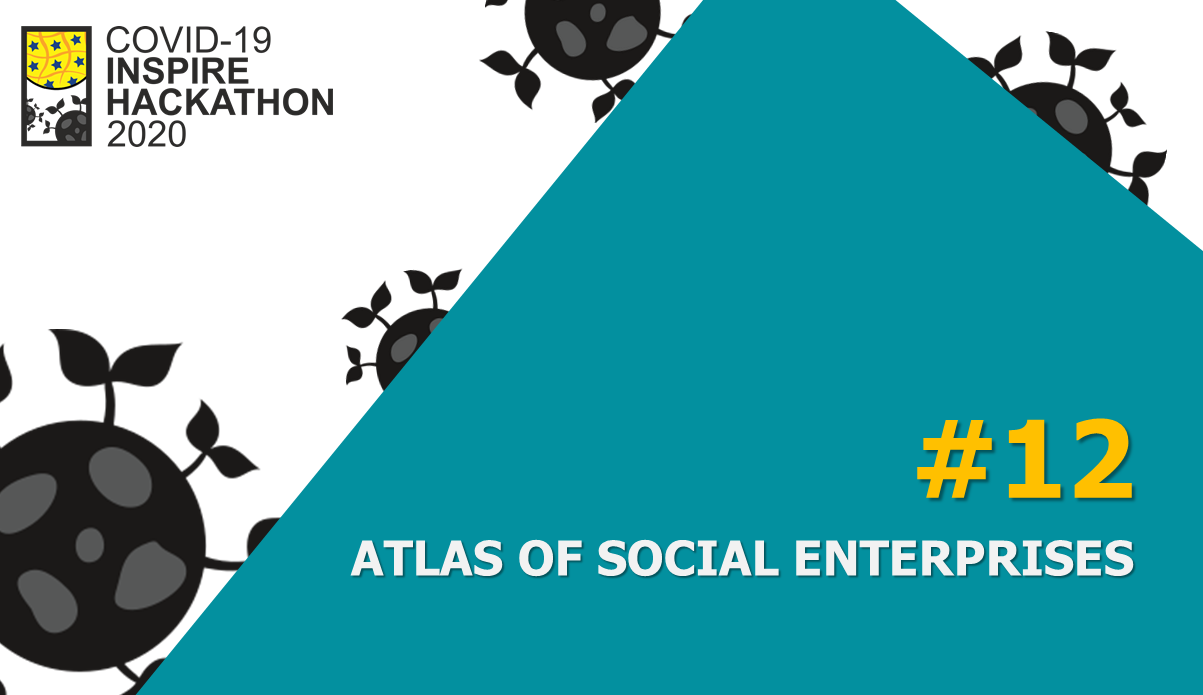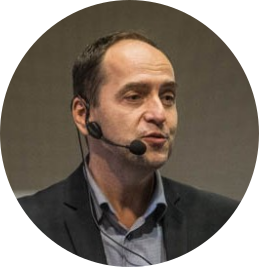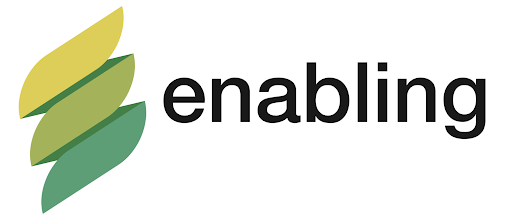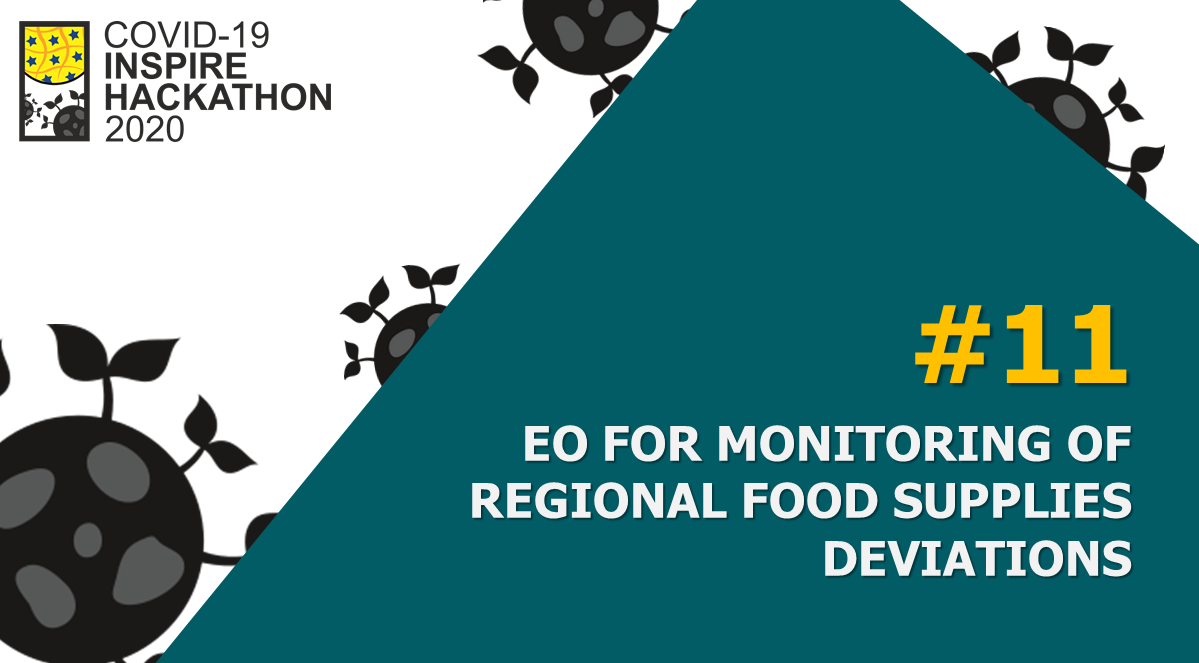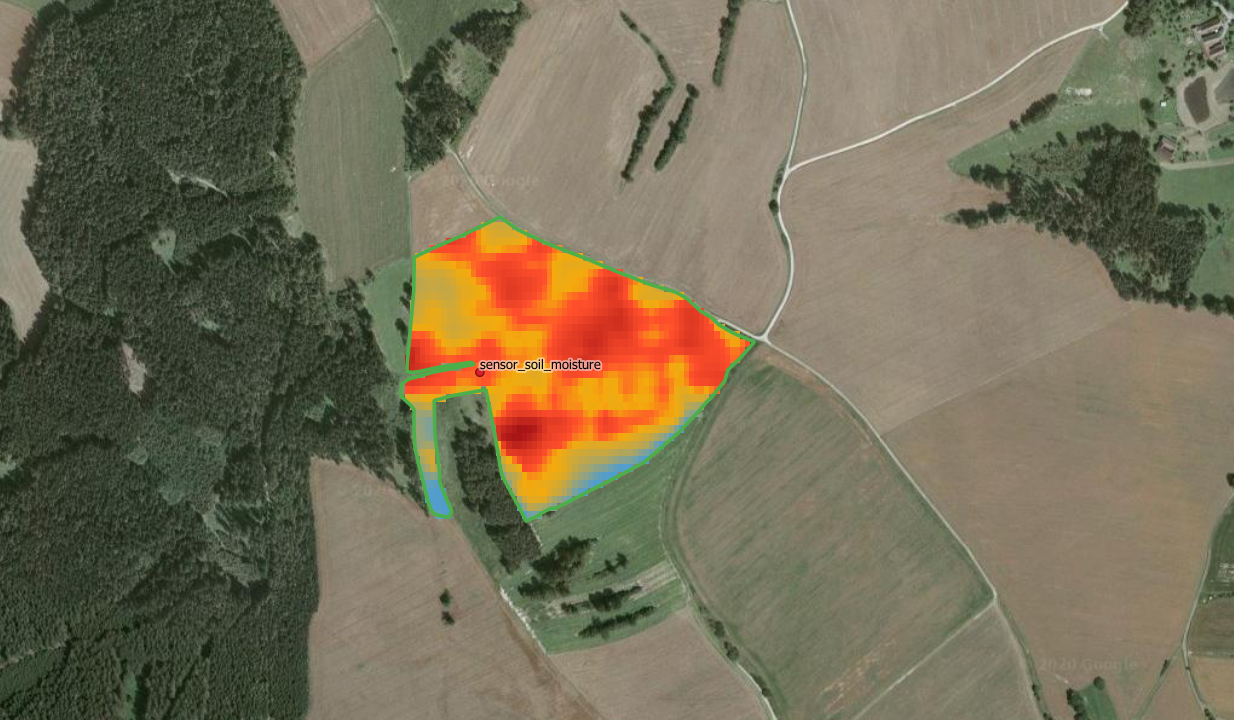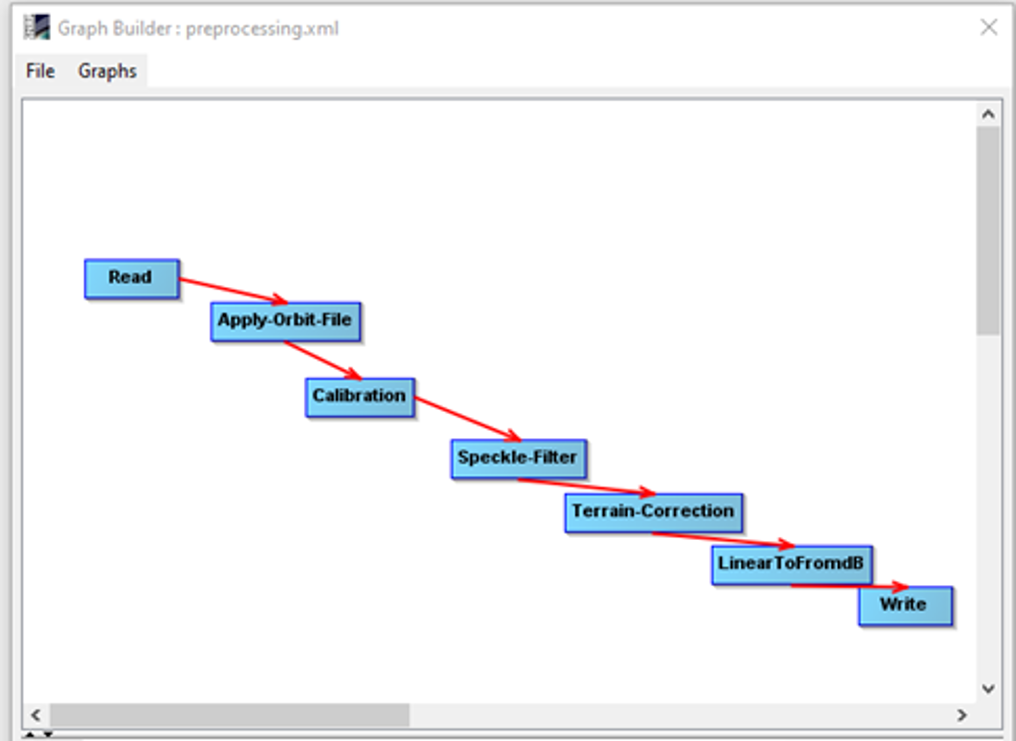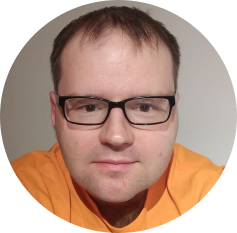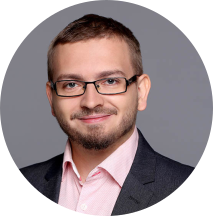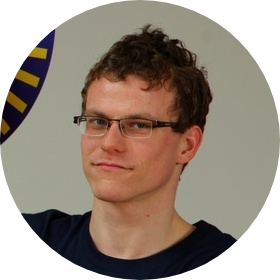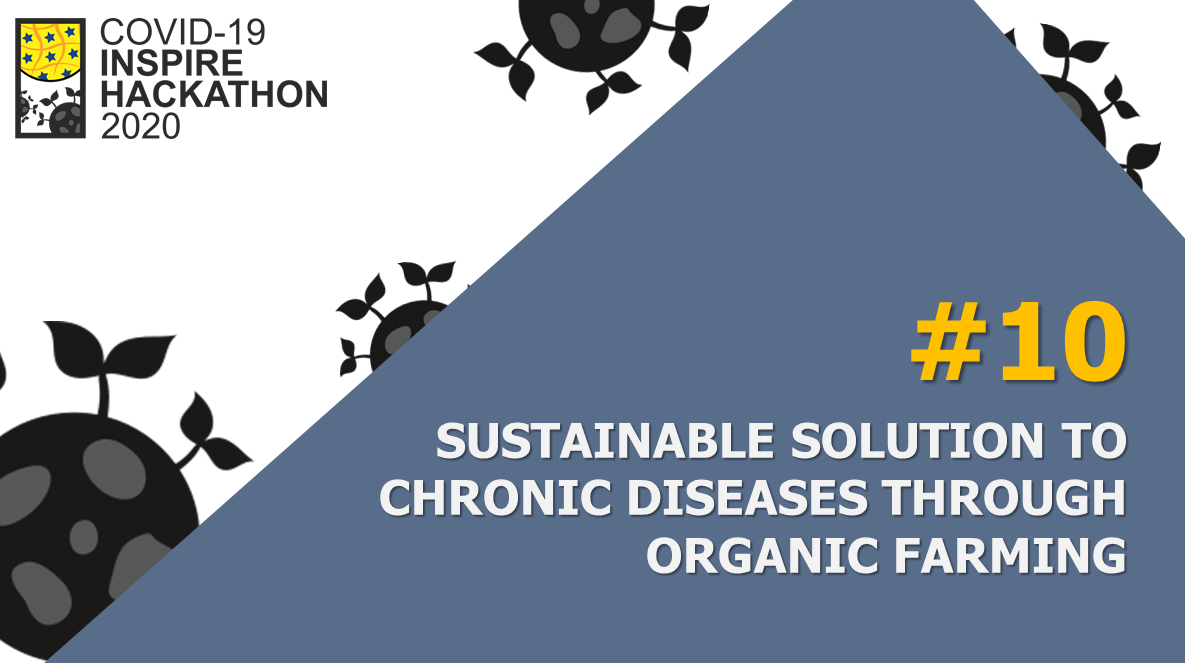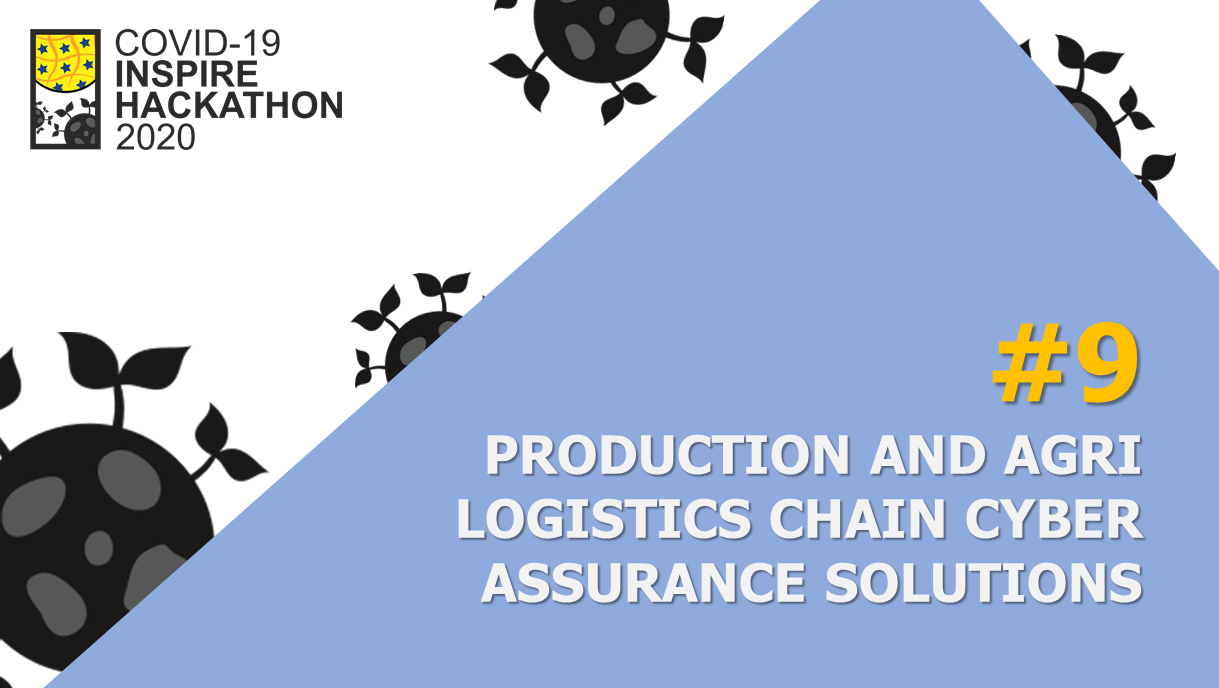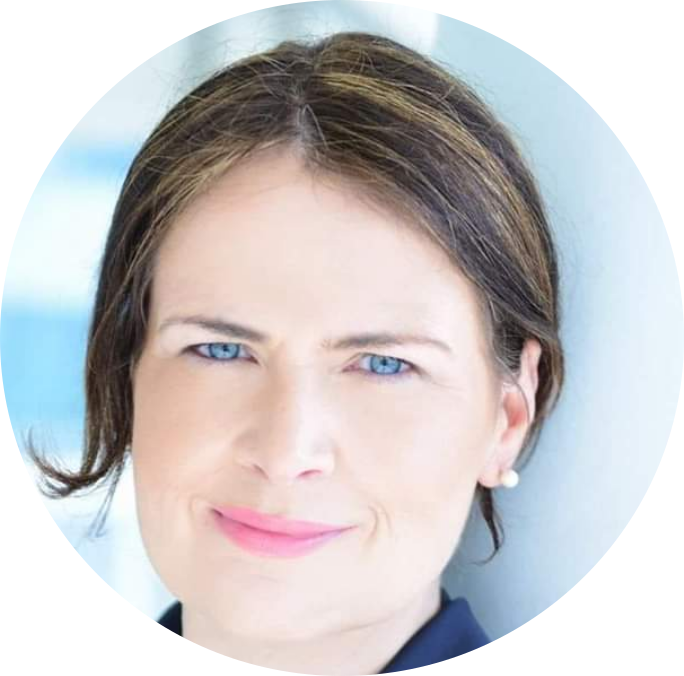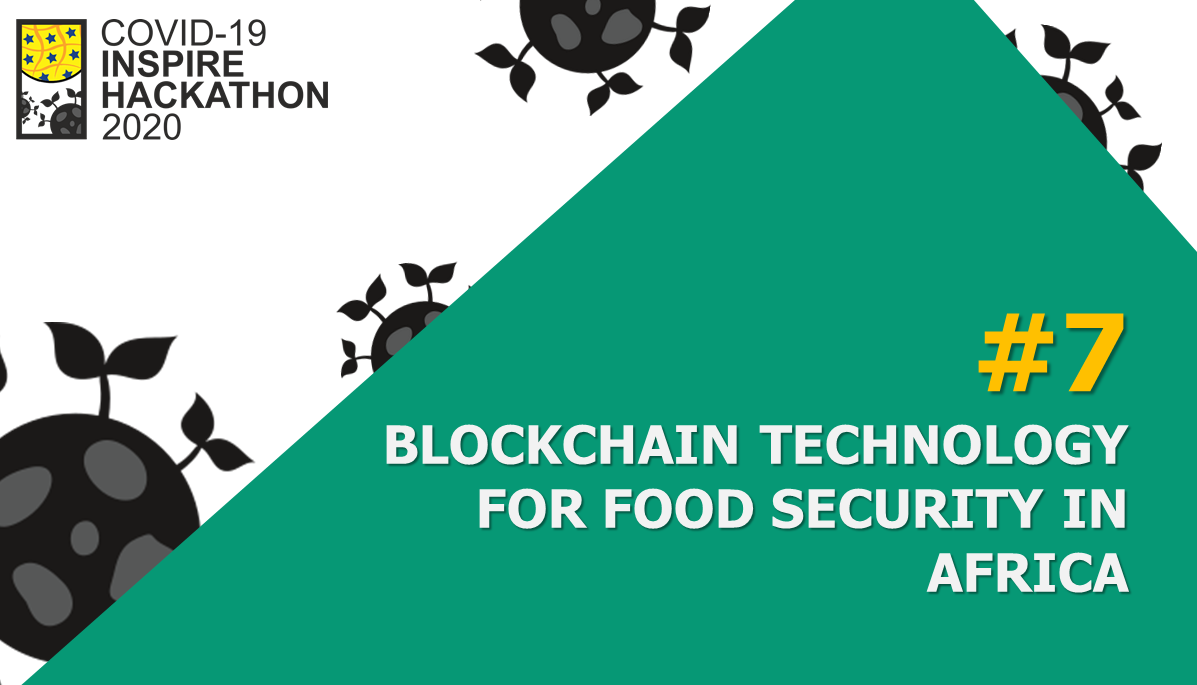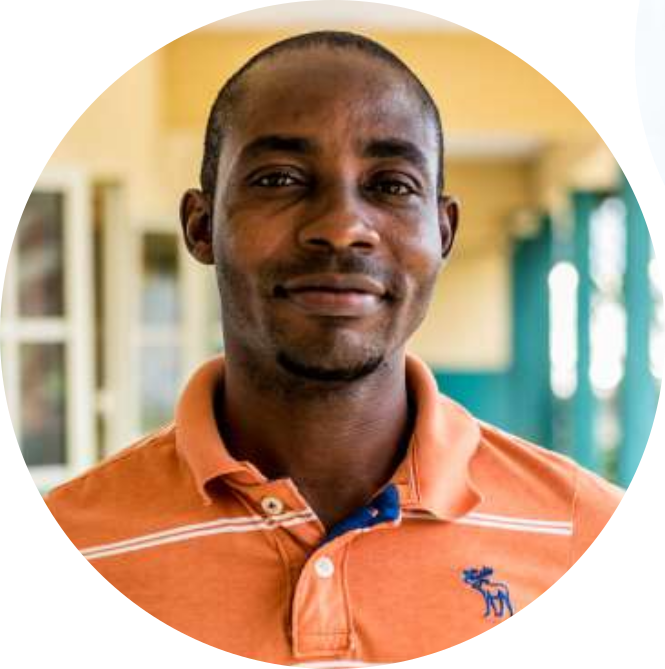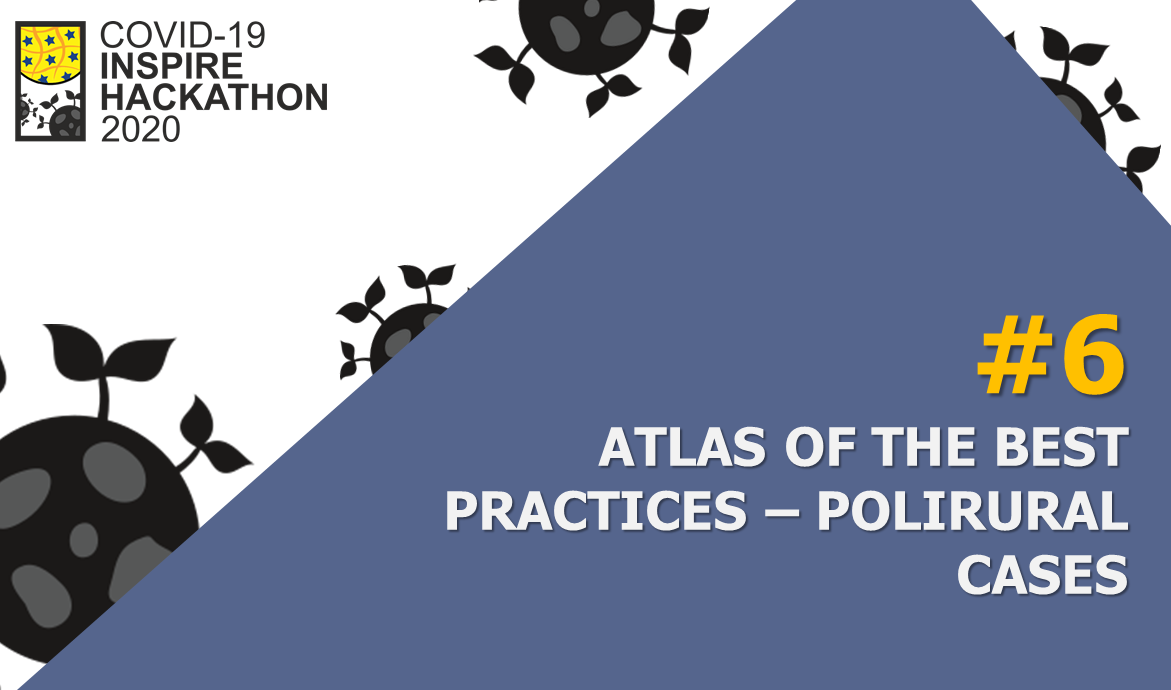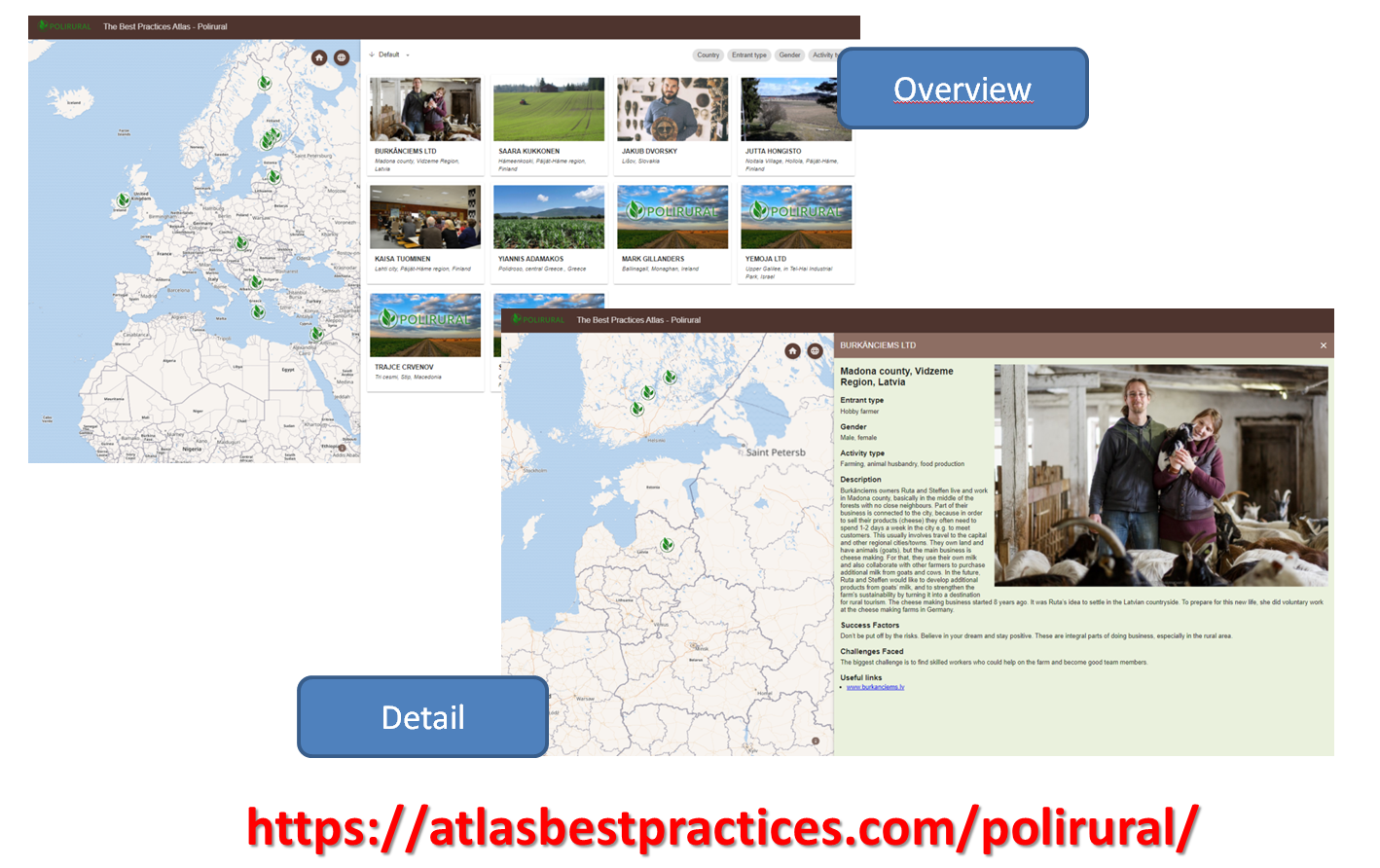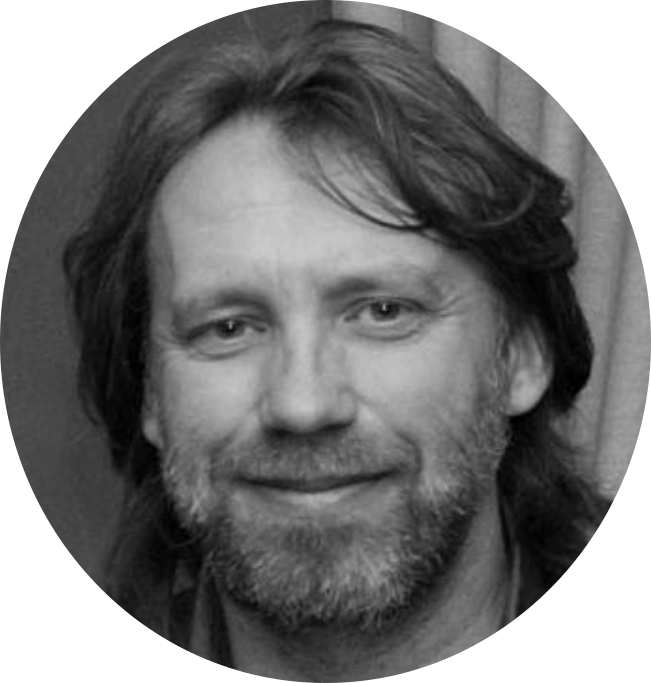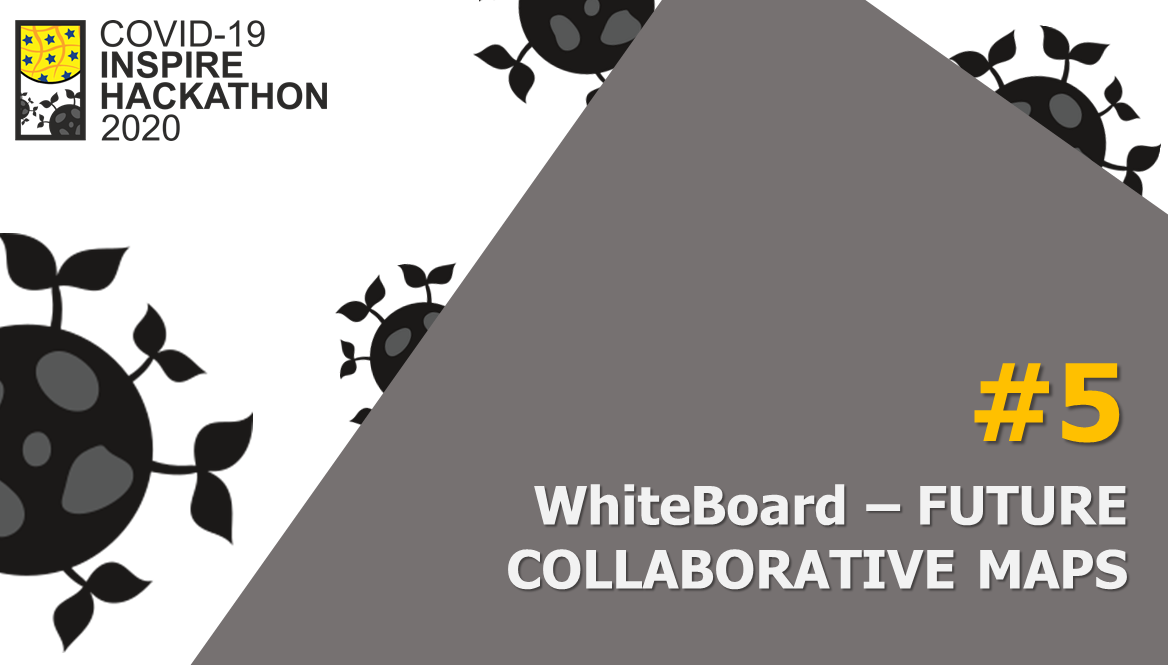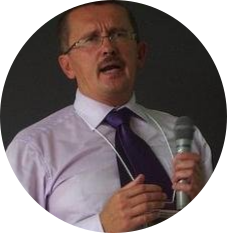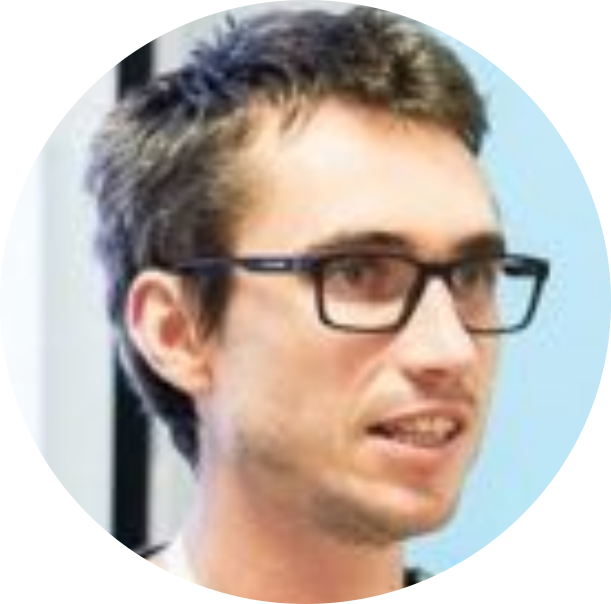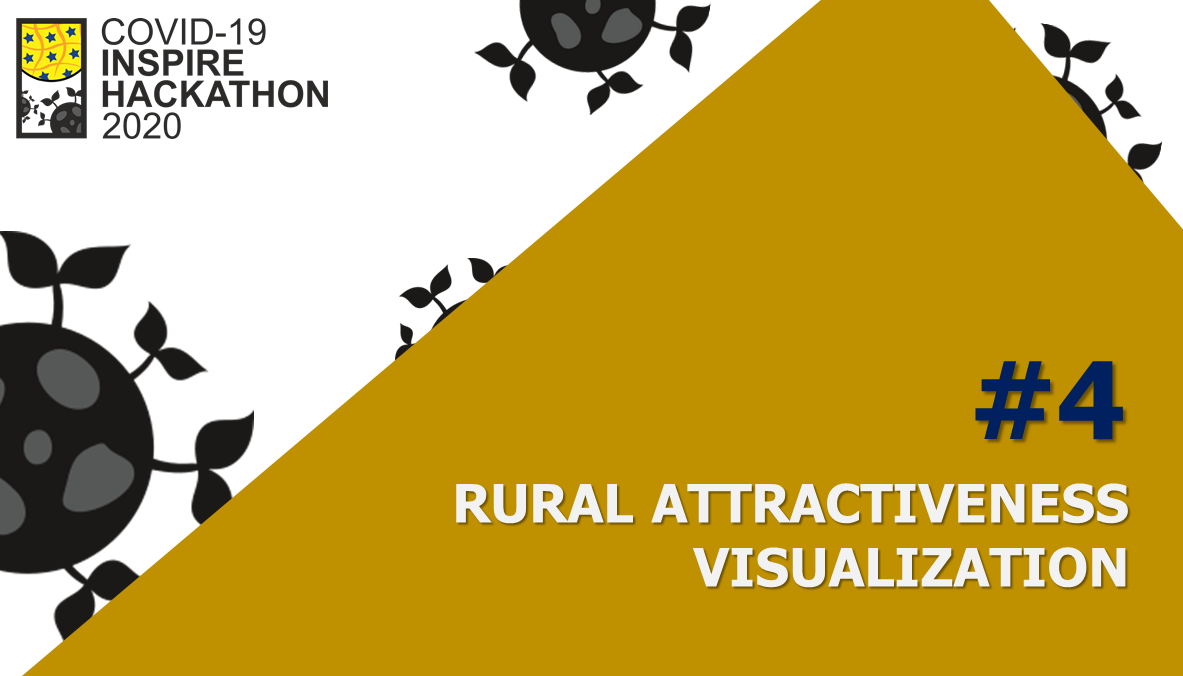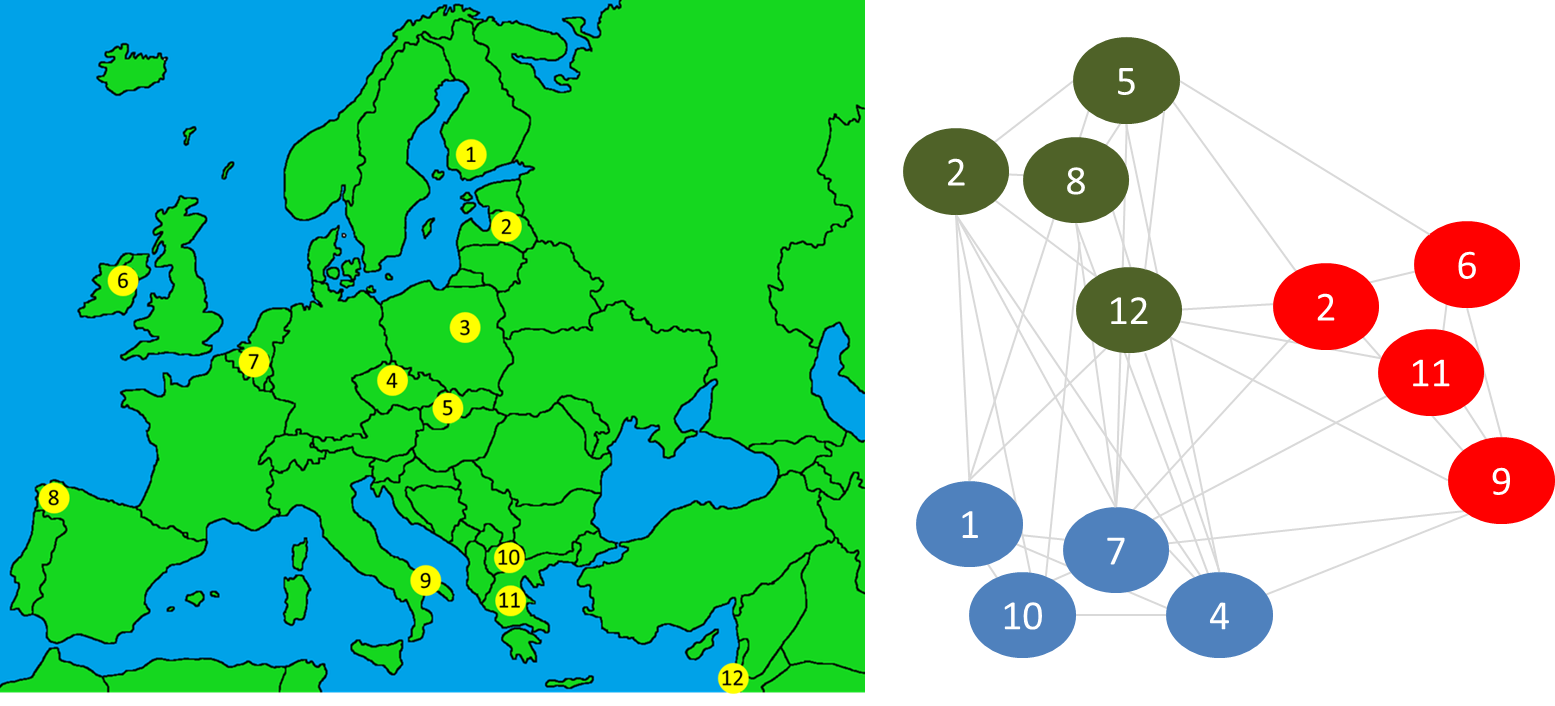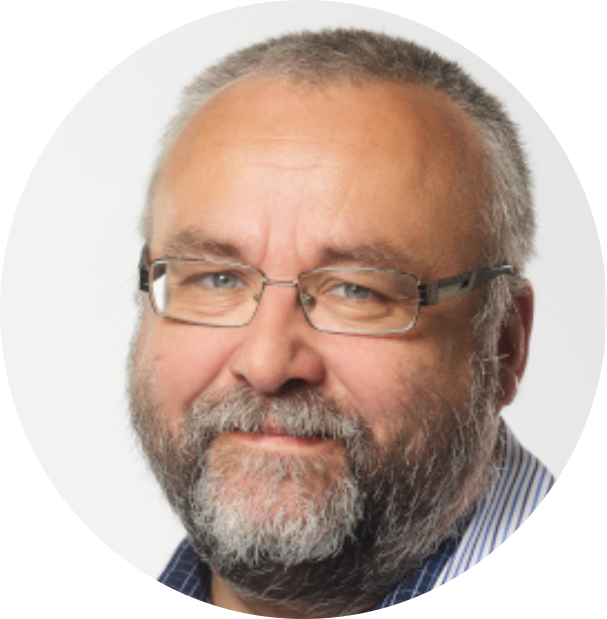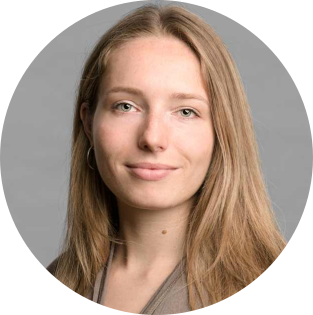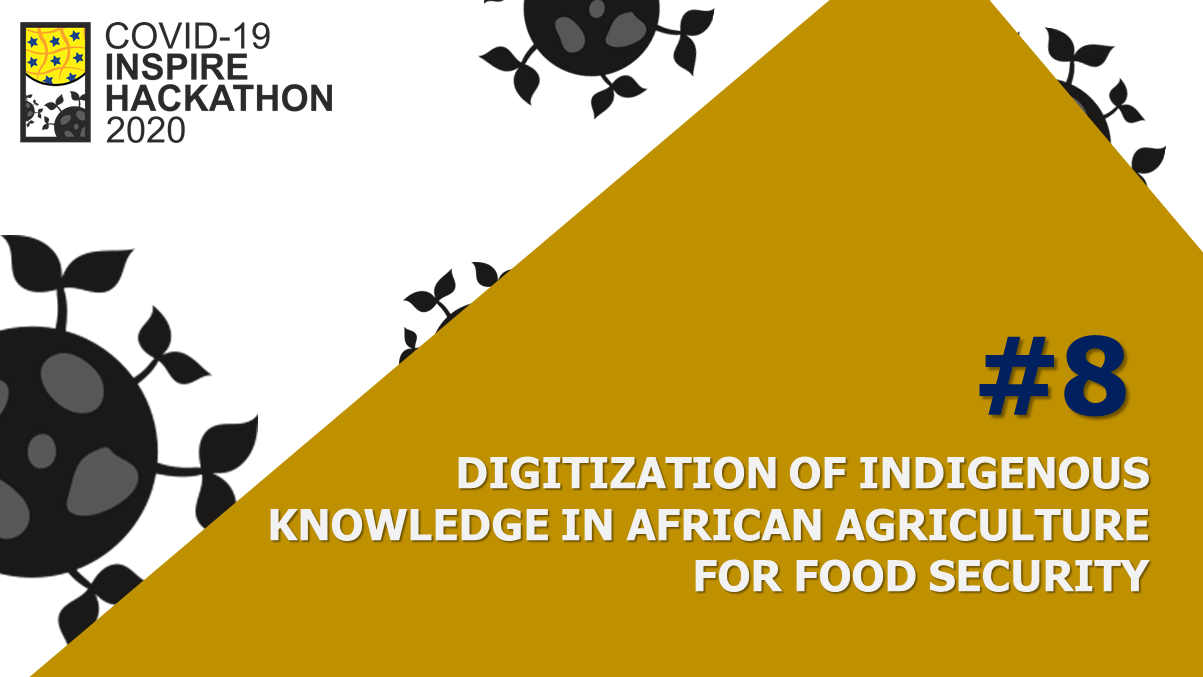
Register now!
Mentors: Antoine Kantiza, Tuula Löytty
The traditional knowledge of African agriculture has been used efficiently during many decades and until today somewhat in several areas of Africa for feeding African population.
The indigenous knowledge in African agriculture is known to be resilient to many hazards nevertheless the traditional knowledge in agriculture is shrinking as well as the indigenous languages which were the transmission based of any indigenous knowledge in Africa as well as in the rest of the world.
Why the traditional knowledge of African agriculture is disappearing?
The smallholder farmers using traditional knowledge in entertaining their farms are mostly retired and their traditional know how aren’t written in scholar books for being transmitted to the future generation who expect to increase the farm production by using inputs brought abroad with high currencies like fertilizers, seeds and medicines as highlighted in the studies driven from modern schools where indigenous languages are no longer taught particularly in professional high schools.
At the same moment, scarce seeds used in the former times are also disappearing for letting more spaces to industrial plantations or new imported seeds even if researchers begin to acknowledge that some indigenous scarce seeds tested lastly hold high calorific and nutritious quality.
What should be done to safeguard the traditional knowledge of African agriculture?
First of all, it is mandatory to collect and digitalize all available traditional knowledge in African agriculture before being safeguarded in safe database available for African farmers.
Secondly, it is useful to assess the performance of traditional knowledge in African agriculture including the soil and seeds preparation; the mixture of varied crops in the same field; harvesting joined to fertilizing soil by ranking unused limbs and stems; saving crops in organic storage against harmful insects or other epidemic diseases.
Thirdly, it is gainful to spread broadly the best practices driven from traditional knowledge in African agriculture because practices of indigenous knowledge in agriculture do not need to spend a lot of infrastructures as well as financial resources.
What are the challenges of safeguarding traditional knowledge of African agriculture?
The available traditional knowledge of African agriculture are kept by elder persons who are reluctant to transmitted their indigenous knowledge without being rewarded even by other persons living together in the same rural community and who may understand their indigenous languages.
Besides, there are no longer projects supporting the traditional knowledge in African agriculture as soon as traditional knowledge in African agriculture seems prior to be out-of- date and not based on structured data. Accordingly, some best practices used in livestock like traditional surgical procedures for domestic animals have not been safeguarded as the practices aren’t taught at modern schools and no project was interested in supporting indigenous knowledge.
Also, the traditional knowledge in African agriculture are disseminated in many indigenous languages that are not used enough by the young generation prioritizing the universal languages taught at modern schools.
How to overcome the barriers of digitalizing traditional knowledge of African agriculture?
It is useful that each African country sets up its national project of safeguarding traditional knowledge in agriculture and livestock targeting to digitalize and to display in free access the folk knowledge driven from the elder African farmers.
In the similar way, African indigenous languages may be safeguarded and promoted specifically at schools where books and lessons should taught the best practices of indigenous knowledge in African agriculture as well as in other fields of sustainable developments goals.
Goals of the challenge:
The optimization of best practices driven from the traditional knowledge of African agriculture joined to modern technologies in agriculture innovation will be the support to erase hunger and to increase food security among African countries in accordance with the second sustainable development goal of Agenda 2030 targeting mainly to : ” end hunger, achieve food security and improved nutrition and promote sustainable agriculture ”.
The digitalization of indigenous knowledge of African agriculture will serve to create a big database of African traditional knowledge in Agriculture in favor of future African farmers’ productivity as well as to work out for the best issues of the hot questions below.
Register now!
Your mentors will be:
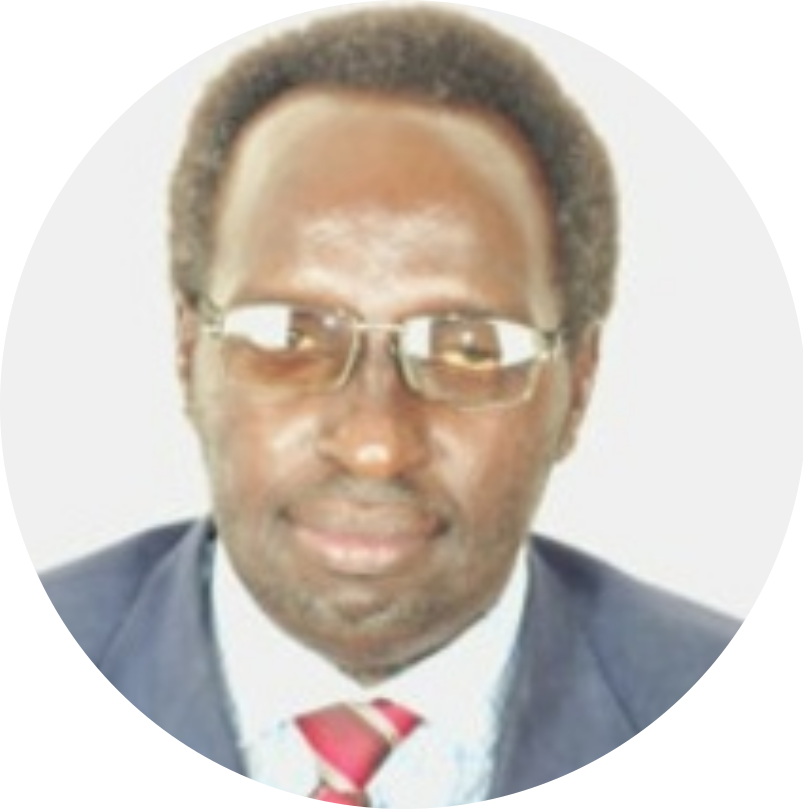 Antoine KANTIZA is holder of a Post-University Degree in European Studies and a Diploma of Superior Studies in Using Technologies of Information and Communication for Education and Formation, DESS UTICEF in short delivered respectively by the University Catholic of Louvain in Belgium and the University Louis Pasteur of Strasbourg in France. As an independent researcher, he h as written many publications available online and offline in varied topics including Economic, Social and Rule of law affairs; Sustainable Development Goals implementation; ICT4Agriculture community at https://www.e-agriculture.org belonging to FAO where he is designated: “Featured Member” since 2011. He has been Professor of International Policy at International Studies Centre of Bujumbura. He has been granted by the WBG, the Awards of Course Heroes in Future of Work: Preparing for granted by the WBG, the Awards of Course Heroes in Future of Work: Preparing for Disruption and in Unlocking Investment and Finance in Emerging Markets and Developing Economies. He has been nominated: “Peer-Reviewer for Net Journal of Agricultural Science”.
Antoine KANTIZA is holder of a Post-University Degree in European Studies and a Diploma of Superior Studies in Using Technologies of Information and Communication for Education and Formation, DESS UTICEF in short delivered respectively by the University Catholic of Louvain in Belgium and the University Louis Pasteur of Strasbourg in France. As an independent researcher, he h as written many publications available online and offline in varied topics including Economic, Social and Rule of law affairs; Sustainable Development Goals implementation; ICT4Agriculture community at https://www.e-agriculture.org belonging to FAO where he is designated: “Featured Member” since 2011. He has been Professor of International Policy at International Studies Centre of Bujumbura. He has been granted by the WBG, the Awards of Course Heroes in Future of Work: Preparing for granted by the WBG, the Awards of Course Heroes in Future of Work: Preparing for Disruption and in Unlocking Investment and Finance in Emerging Markets and Developing Economies. He has been nominated: “Peer-Reviewer for Net Journal of Agricultural Science”.
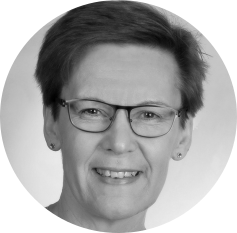 Tuula Löytty earned her MSc in Industrial Engineering and Management from Lappeenranta Technical University, and her Bachelor in Process Technology from the Satakunta University of Applied Sciences, Faculty of Technology, Finland. Her career can be segmented into six overlapping blocks, which nowadays enable her a wide view over business life and society. She has worked during three decades at three different lines of business: basic food production i.e. dairy- and sugar industry, metal industry and higher education. Her competences are demerged into three pillars: value chain management including logistics- and purchasing processes, continuous improvement methodologies, and project management, which covers both tangible delivery projects and research-, development- and innovation projects.
Tuula Löytty earned her MSc in Industrial Engineering and Management from Lappeenranta Technical University, and her Bachelor in Process Technology from the Satakunta University of Applied Sciences, Faculty of Technology, Finland. Her career can be segmented into six overlapping blocks, which nowadays enable her a wide view over business life and society. She has worked during three decades at three different lines of business: basic food production i.e. dairy- and sugar industry, metal industry and higher education. Her competences are demerged into three pillars: value chain management including logistics- and purchasing processes, continuous improvement methodologies, and project management, which covers both tangible delivery projects and research-, development- and innovation projects.
Tuula Löytty is the owner of Smart & Lean Hub Oy, Finland.
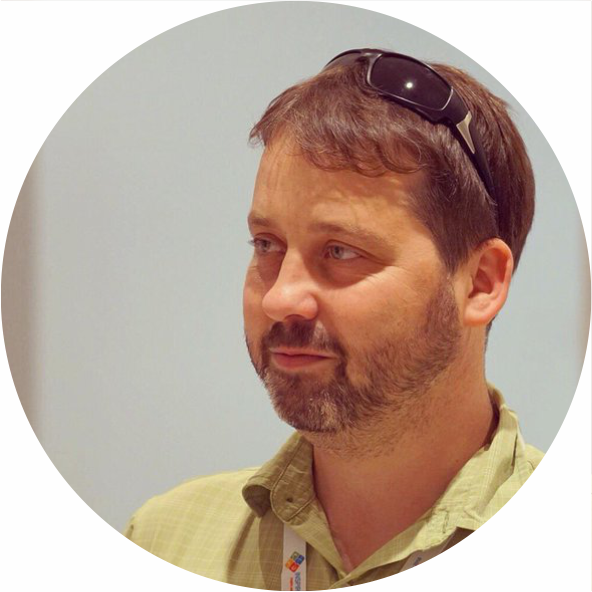 KAREL JEDLICKA The theoretical background of Karel’s research lies in modeling, analysis, and even simulation using multidimensional (geographic) data structures. In particular, Karel actively researches on 3D and 4D aspects of Geographical Information Systems. Primarily Karel focuses on the following application domains:
KAREL JEDLICKA The theoretical background of Karel’s research lies in modeling, analysis, and even simulation using multidimensional (geographic) data structures. In particular, Karel actively researches on 3D and 4D aspects of Geographical Information Systems. Primarily Karel focuses on the following application domains: 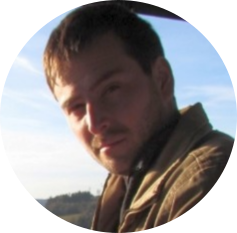 MICHAL KEPKA is a researcher that participated in many EU projects (e.g. AFarCloud, SmartAgriHubs, FOODIE, DataBio, SDI4Apps etc.) as geomatician, spatial data modeller, software developer, sensor data expert. PhD at the University of West Bohemia in Geomatics (2018). Research activities: spatial data modelling, application design and development, sensor data processing and publishing according to standards (e.g. OGC SOS, SensorThingsAPI, OMA NGSI).
MICHAL KEPKA is a researcher that participated in many EU projects (e.g. AFarCloud, SmartAgriHubs, FOODIE, DataBio, SDI4Apps etc.) as geomatician, spatial data modeller, software developer, sensor data expert. PhD at the University of West Bohemia in Geomatics (2018). Research activities: spatial data modelling, application design and development, sensor data processing and publishing according to standards (e.g. OGC SOS, SensorThingsAPI, OMA NGSI).
